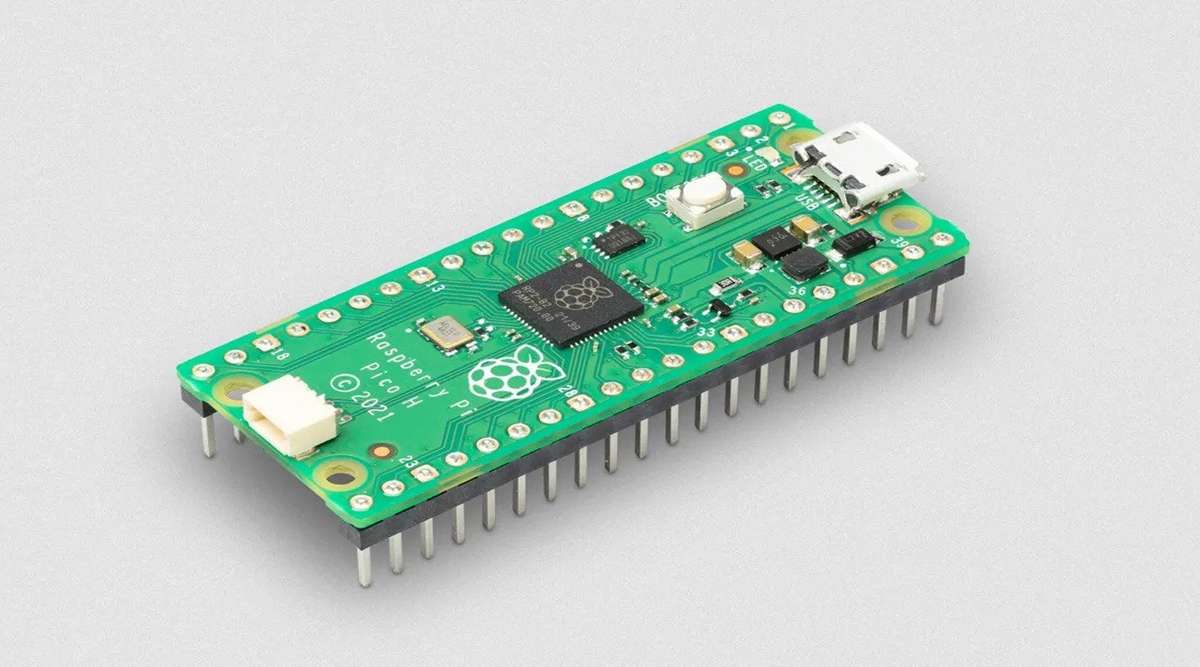Raspberry Pi Foundation has launched the successor to last year’s Pico, a microcontroller costing $4 based on the RP2040 chip designed by the company. The new model is called the Pico W.
The Raspberry Pico W has the same hardware, but adds an 802.11n WiFi radio, making it useful for IoT projects. It is slightly more expensive than the standard Pico, costing $6.
Explaining the rationale behind the 50% price hike, Raspberry Pi CEO Eben Upton told The Verge that adding radios to products was expensive. “Just the radio conformance for a modern Raspberry Pi product is the best part of half a million dollars,” he said.
Raspberry Pi is, however, not discontinuing the $4 Pico model.
Launched in January 2021, the Pico’s microcontroller incorporates two 133MHz Arm Cortex-M0+ CPU cores and 264 kb memory. The low specs and price make it well-suited for single-purpose devices that don’t require much processing power.
The Pico forms the basis for Internet-connected smart devices.
The company said it added wireless to the Pico using the Infineon CYW43439 chip. The chip also supports Bluetooth, but the company has not enabled it.
While there are accessories available to get a standard Pico attached to a network, they are more expensive and bulkier than having a built-in WiFi in the microcontroller itself. The Pico W can even be used as a drop-in replacement for a project based on a standard Pico.
Raspberry Pi has also announced two other Pico products — the Pico H and Pico WH. Both the products are the same as the Pico and the Pico W, respectively, but cost $1 more and come with pre-attached pin headers and a debug connector.
The company said in a press release that people looking to experiment with hardware had flocked to the Pico as the ongoing semiconductor shortage made it difficult to find chips.


